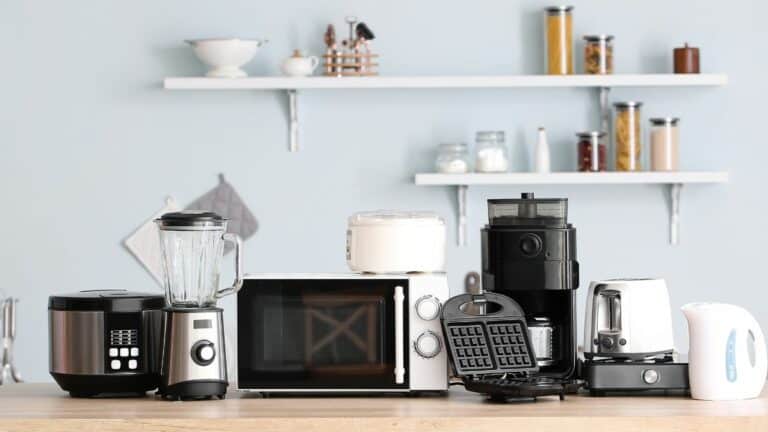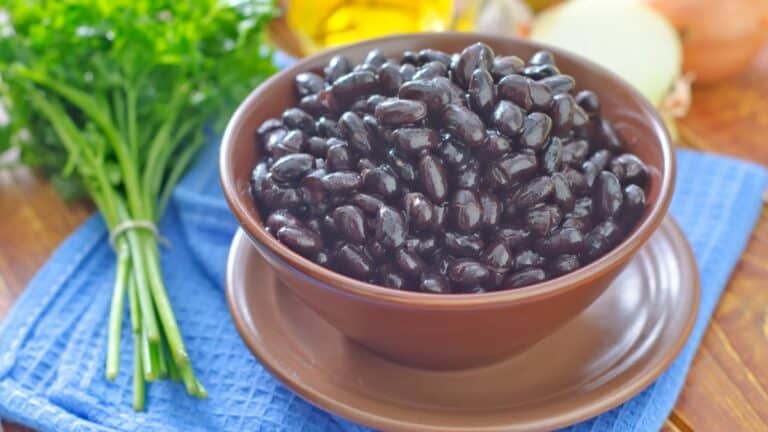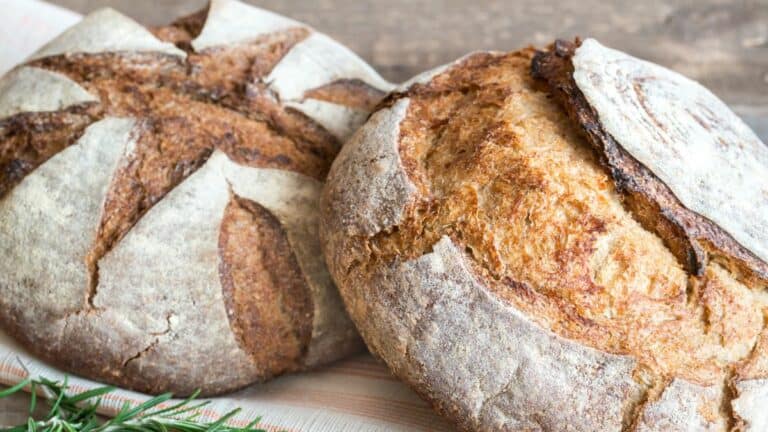8 Budget-Friendly Ideas for Meal Prepping
Meal prepping is a fantastic way to save time and money while ensuring you eat home-cooked meals throughout the week. By incorporating these budget-friendly ideas into your meal-prepping routine, you can enjoy a week of delicious meals without overspending. Here are eight such ideas to help you get started without breaking the bank.
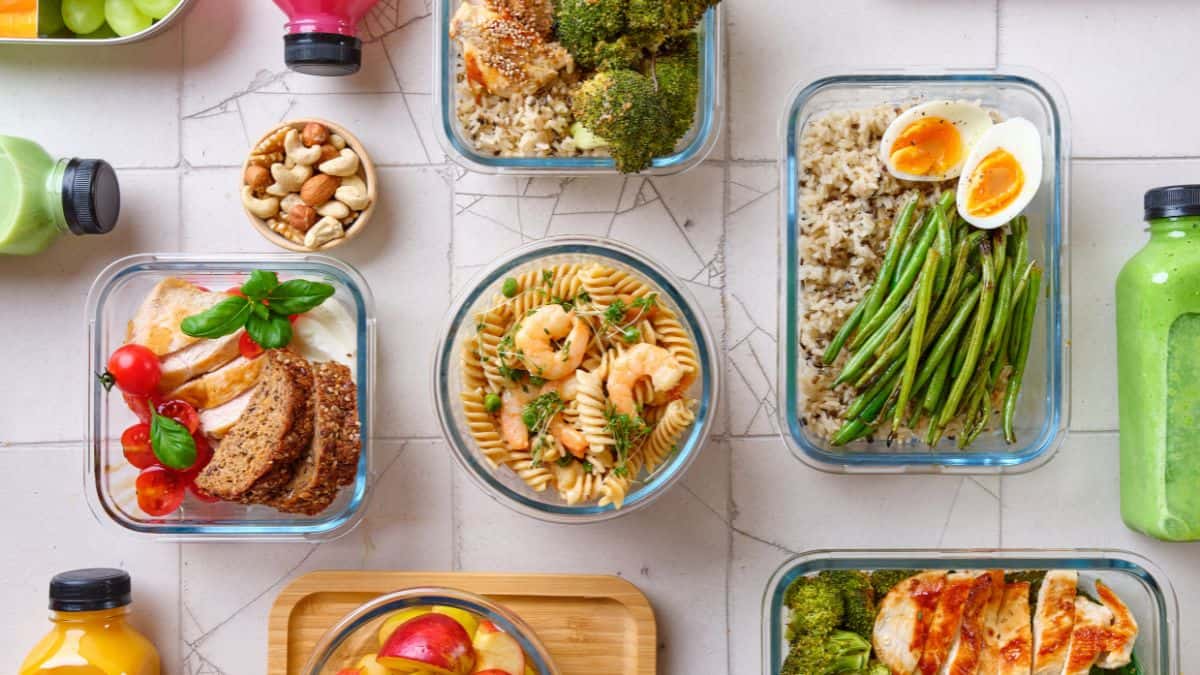
Plan Your Meals Around Sales and Seasonal Produce
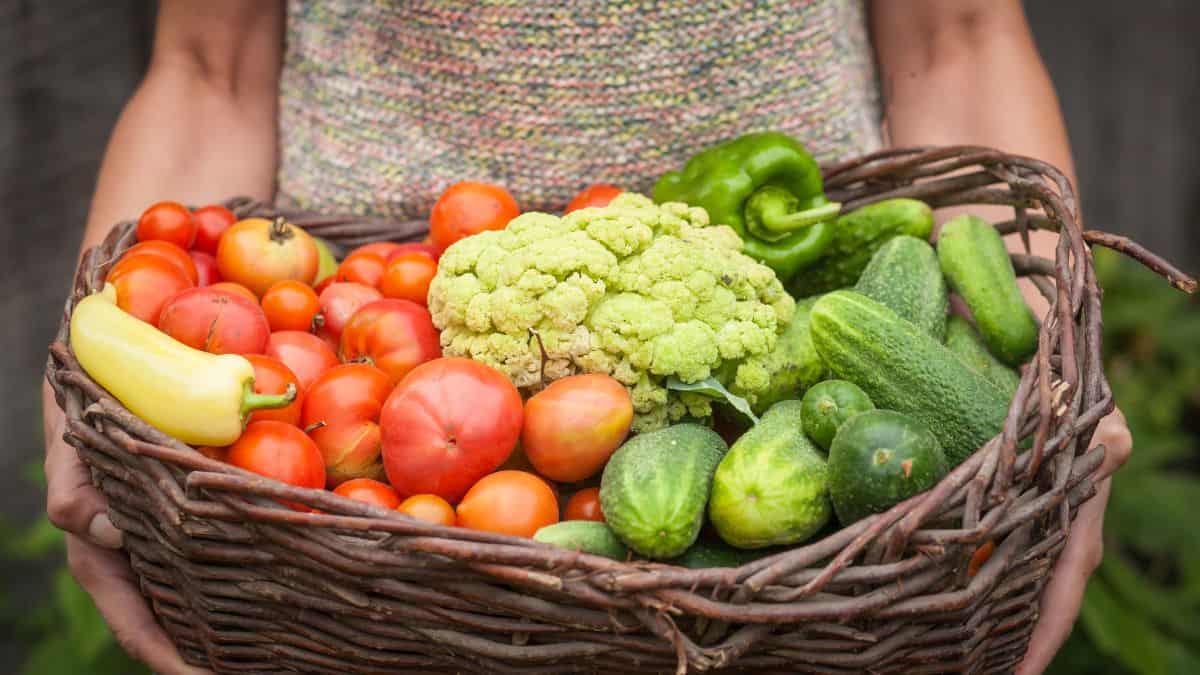
Start by checking weekly grocery store flyers and planning your meals around what’s on sale and in season. Seasonal produce is often cheaper and fresher, making it a great choice for meal prepping. Incorporating these items into your meal plans helps you save money while enjoying a variety of ingredients.
Buy in Bulk and Store Properly
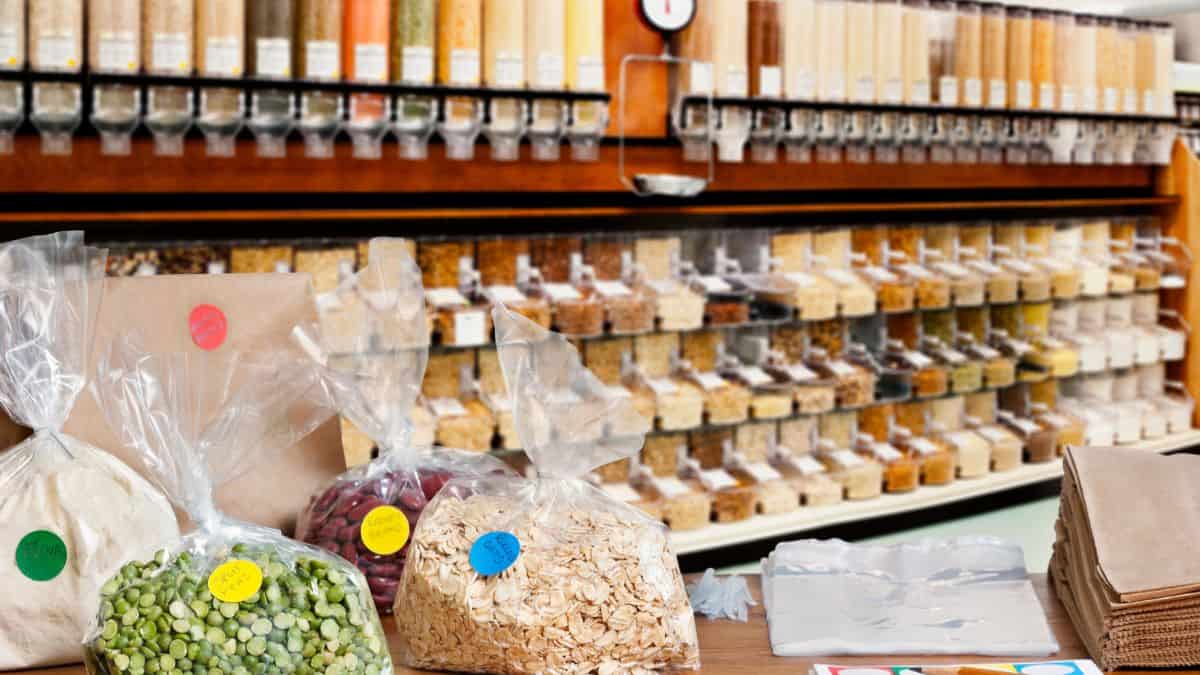
Buying staples like grains, beans, and nuts in bulk can significantly reduce costs. To avoid waste, store bulk items properly in airtight containers to maintain freshness. Consider freezing portions of bulk-purchased proteins like chicken or ground beef to use in future meal preps, ensuring you always have a supply of essential ingredients on hand.
Batch Cooking and Freezing
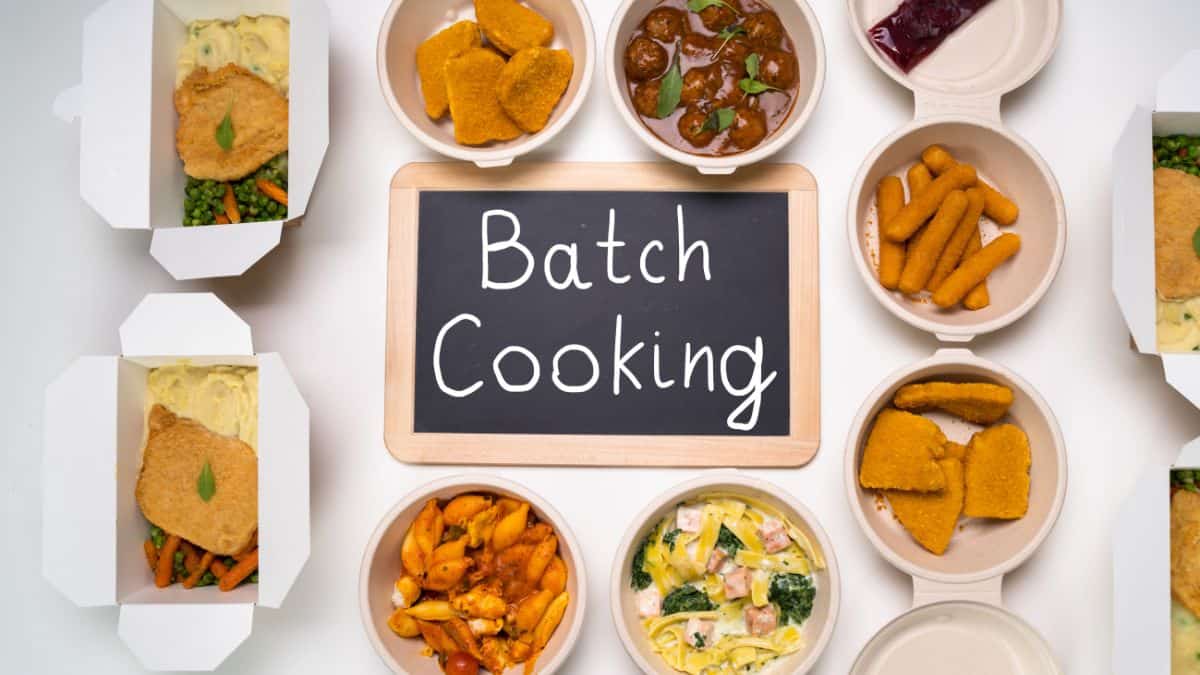
Cook larger quantities of meals and freeze individual portions for later. This method is especially useful for soups, stews, curries, casseroles, and pasta dishes, which often taste even better after being reheated. Batch cooking not only saves time but also helps you manage portion control and reduce food waste.
Use Affordable Protein Sources
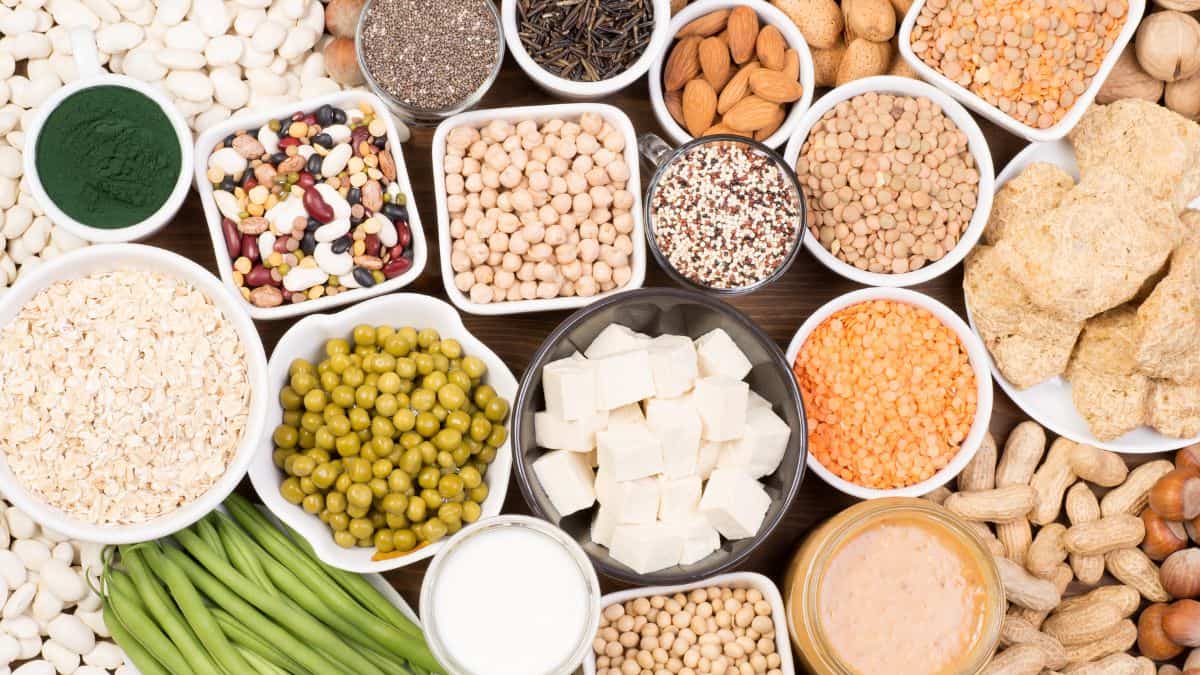
Incorporate budget-friendly protein sources like beans, lentils, eggs, and tofu into your meal plans. These ingredients are versatile and cost-effective, making them perfect for meal prepping. Additionally, they can be used in a variety of dishes, from salads and soups to stir-fries and casseroles.
Repurpose Leftovers

Get creative with leftovers by transforming them into new meals. For example, roast chicken can be turned into chicken salad, tacos, or a hearty soup. This not only stretches your grocery budget but also keeps your meals interesting and varied. Planning for leftovers ensures that nothing goes to waste.
Prepare Ingredients in Advance
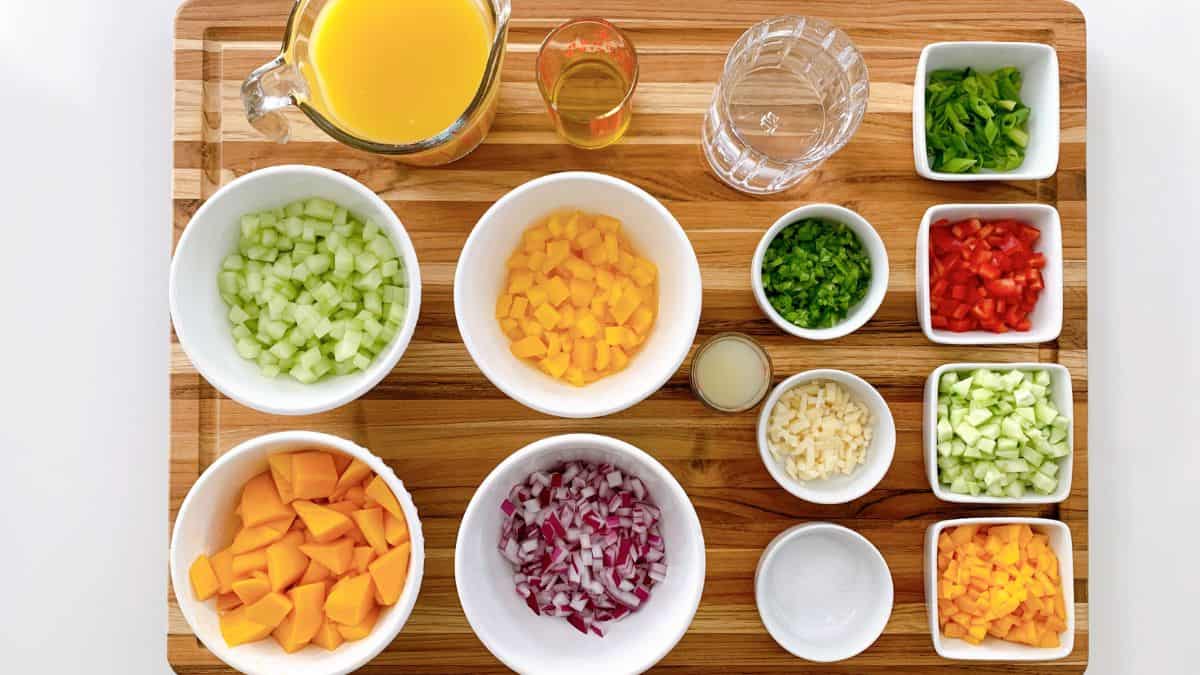
Chop vegetables, cook grains, and portion out snacks in advance to streamline your cooking process during the week. Having pre-prepped ingredients on hand makes it easier to throw together meals quickly, reducing the temptation to order takeout. It’s a time-saving strategy that helps maintain consistency in the meal-prepping routine.
Make Your Own Snacks

Store-bought snacks can be pricey and often less healthy than homemade options. Preparing your own snacks, like granola bars, trail mix, or veggie sticks with hummus, is more cost-effective and allows you to control the ingredients. This approach not only saves money but also promotes better eating habits.
Utilize Frozen and Canned Foods
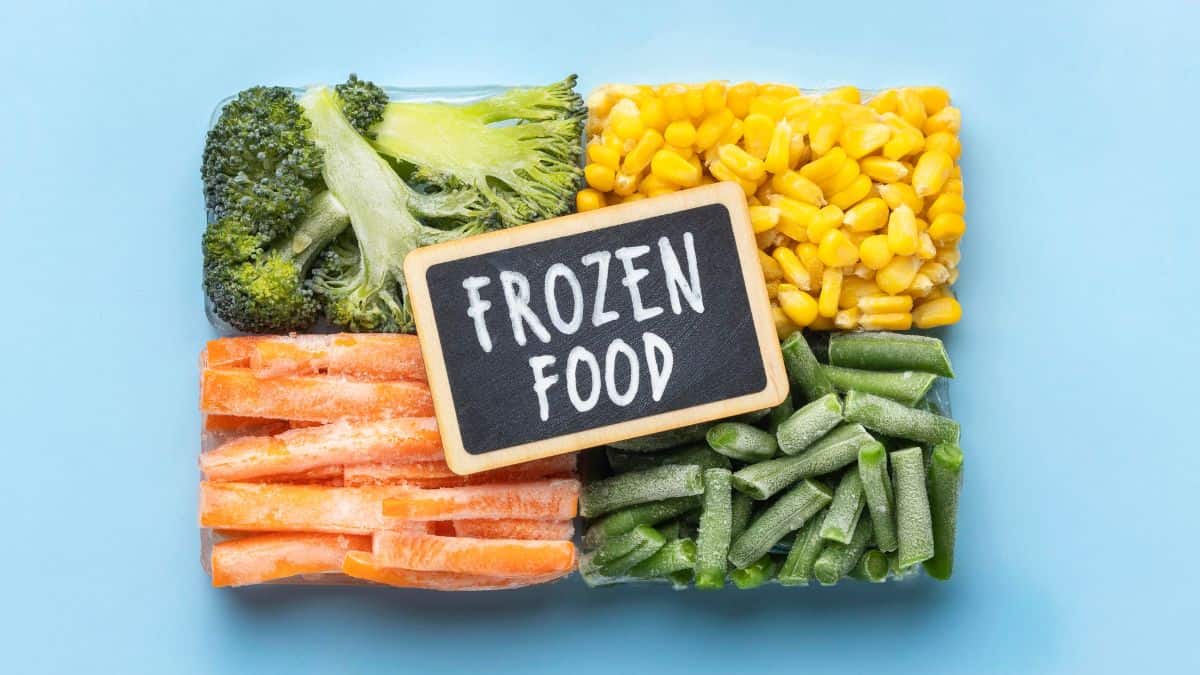
Frozen and canned foods are often just as good as fresh options and can be more affordable, especially when certain produce is out of season. Stock up on frozen vegetables, fruits, and canned beans to use in your meal preps. They have a longer shelf life, reduce waste, and provide convenient options for quick meals.

